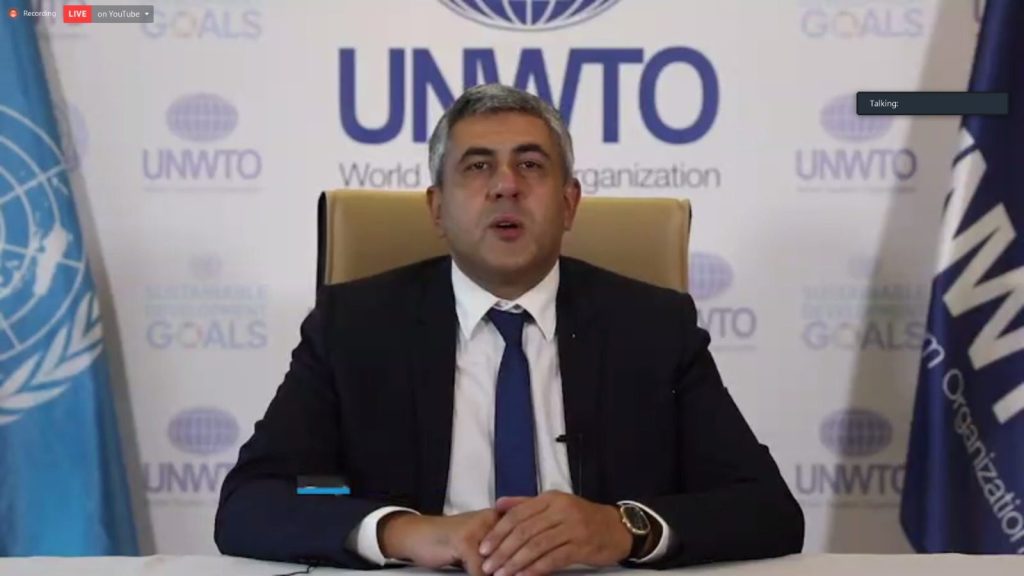
Zurab Pololikashvili Highlights 8 Years of Progress as UN Tourism Chief. As he prepares to complete his tenure, Zurab Pololikashvili, Secretary-General of UN Tourism, has highlighted the remarkable progress made during his eight-year mandate—marked by innovation, resilience, and a renewed global status for the tourism sector.
According to the latest World Tourism Barometer (May 2025), international tourism continues its robust recovery, with over 300 million tourists crossing borders in the first quarter of 2025—14 million more than the same period in 2024. This growth, he noted, reflects the strength of the strategies UN Tourism has championed over the past several years.
“Over the last eight years, we have embraced a transformative vision. We positioned tourism at the heart of the global development agenda, enhancing its competitiveness, economic impact, and ability to deliver on sustainable development goals,” said Pololikashvili.
In a special session held in Segovia, the Secretary-General presented a comprehensive report summarizing his tenure. Built around the approved Programme of Work, the report showcased key achievements across priority areas such as:
Strengthening global tourism data systems
Expanding rural and community-based tourism, including the flagship Best Tourism Villages initiative and the STAR benchmarking tool
Introducing new verticals in gastronomy, sports, and urban tourism
Accelerating the adoption of Artificial Intelligence and social innovation within tourism frameworks
Pololikashvili also spotlighted progress in education and human capital development, with significant expansion of the UN Tourism Online Academy and the creation of new International Academies in partnership with global institutions.
Additionally, he celebrated record levels of foreign direct investment in tourism, the growing participation of women and youth, and stronger alignment between public-private sector collaboration and the tourism sustainability agenda.
“We never lost sight of what matters—people. Through education, innovation, sustainable growth, and international cooperation, we laid a foundation that will serve generations to come,” he concluded.
As the global tourism community looks ahead, Pololikashvili’s legacy is expected to continue shaping policy and partnerships well beyond his tenure—anchored in his vision of a tourism sector that is not only economically vital but also socially inclusive and future-ready.

